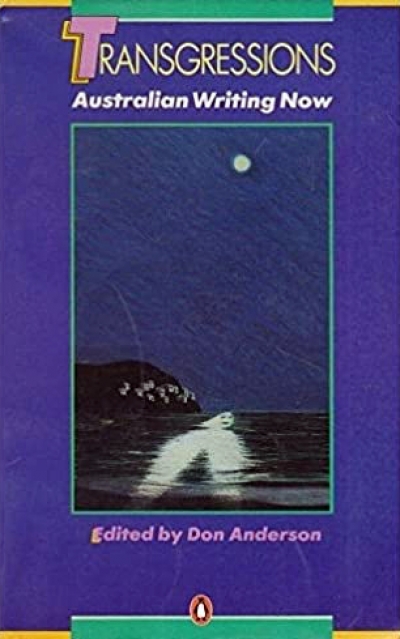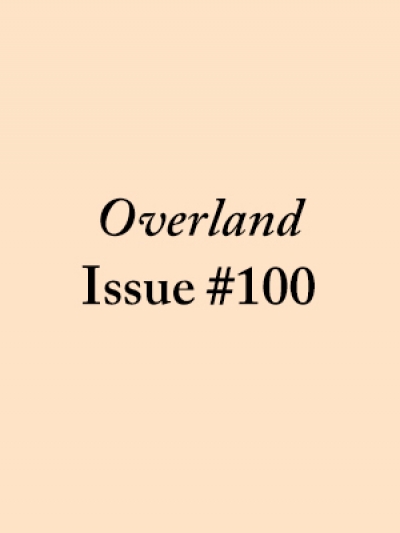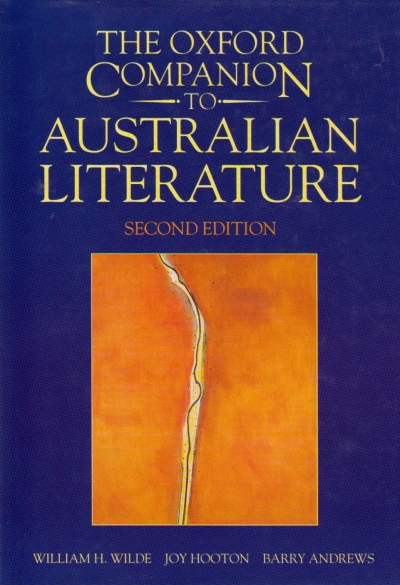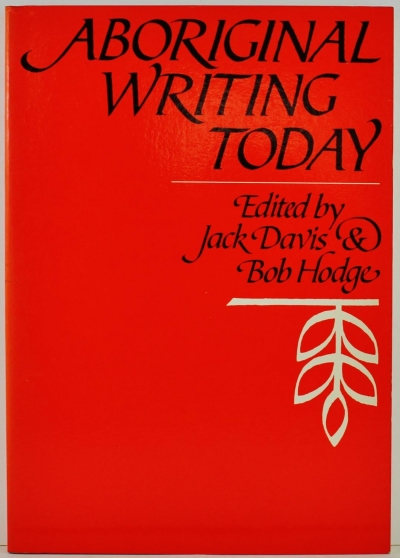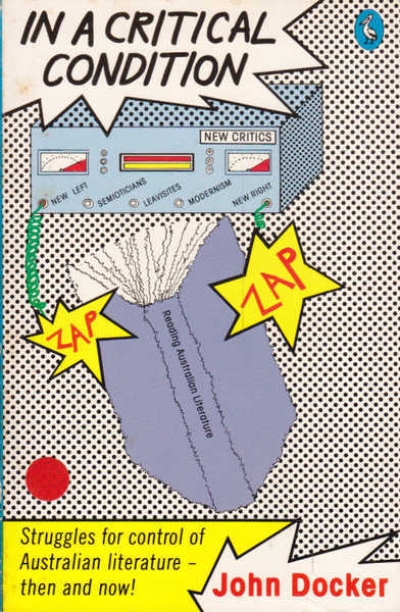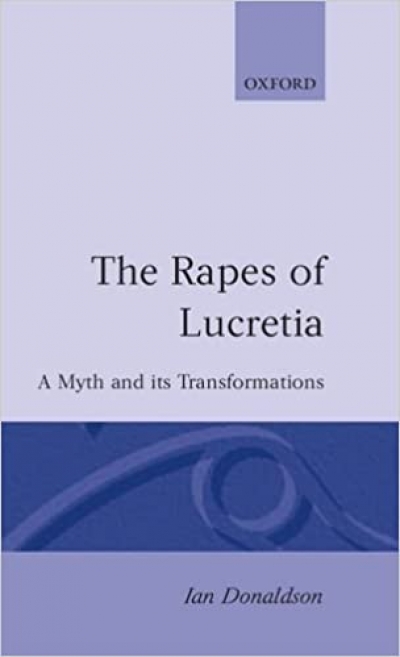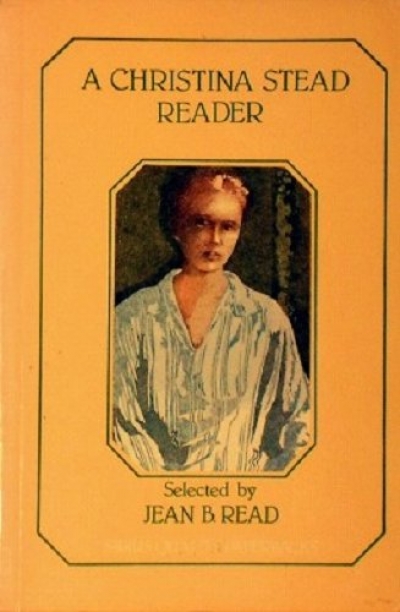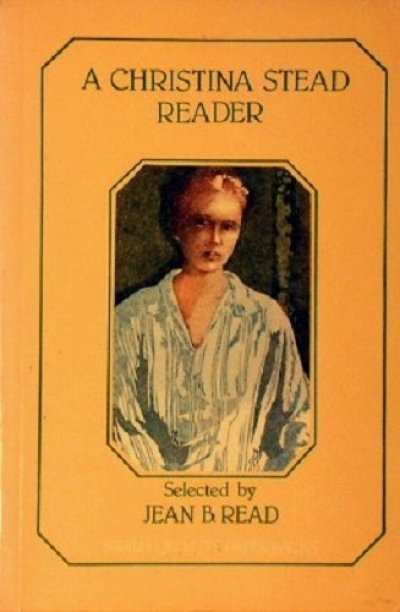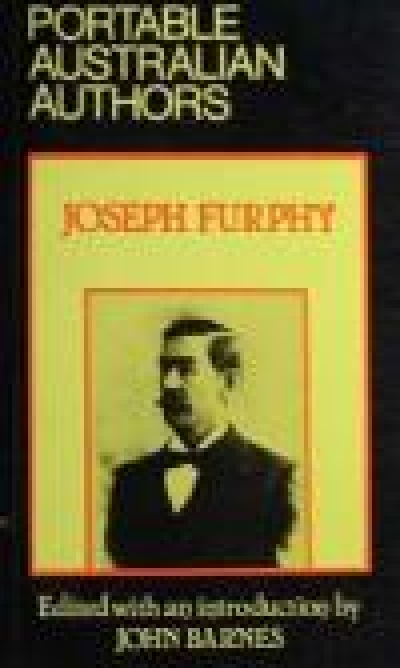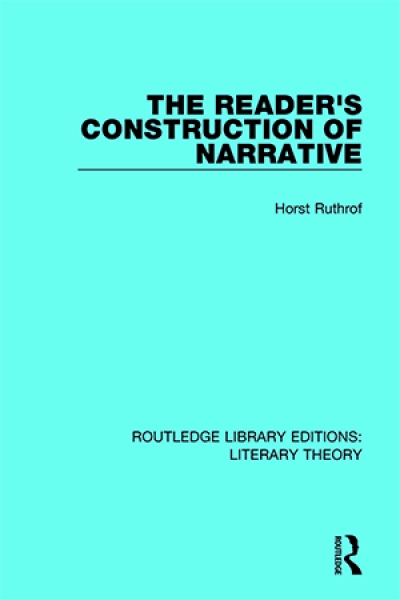Literary Studies
Transgressions edited by Don Anderson & The Australian Short Story by Laurie Hergenhan
by Mary Lord •
The Oxford Companion to Australian Literature edited by William H. Wilde, Joy Hooton, and Barry Andrews
by John Hanrahan •
Aboriginal Writing Today edited by Jack Davis and Bob Hodge
by Tony Scanlon •
The Rapes of Lucretia: A myth and its transformations by Ian Donaldson
by Dennis Pryor •
Portable Australian Authors: Joseph Furphy edited by John Barnes
by John Hanrahan •

